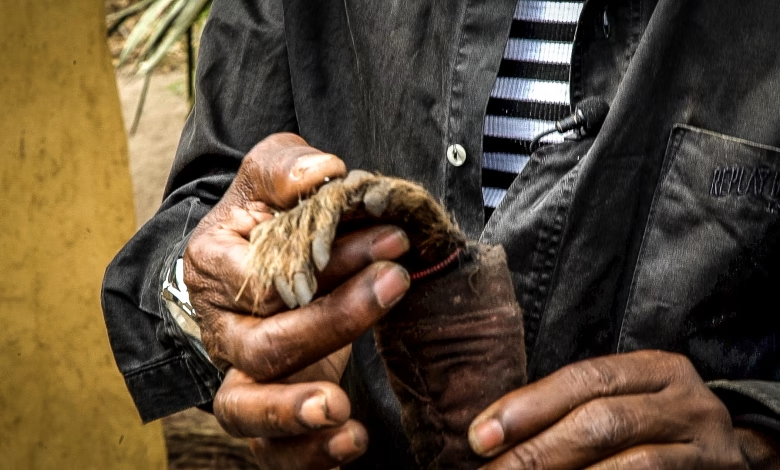Superstition-Driven Child Ritual Killings in Africa: A Persistent Threat

- Superstition fuels ritual child killings in parts of Africa
- Human body parts believed to enhance traditional rituals
- Children are frequent targets due to perceived spiritual purity
Superstition, defined as irrational beliefs in supernatural influences or the misattribution of events, has been deeply rooted in nearly every culture throughout history. These beliefs often manifest in various practices and behaviors—some of which can have harmful, even deadly, consequences.
In numerous African communities, a disturbing belief persists: that human body parts enhance the potency of traditional medicines or rituals believed to bring wealth, success, fertility, protection, or longevity. As a result, ritual killings—including those involving children—remain a pressing issue. One particularly harrowing example is the ongoing targeting of children with albinism in Tanzania. Research indicates that one in five Mozambicans and one in four South Africans believe human body parts make rituals more effective.
Children are especially vulnerable due to their perceived spiritual purity and inability to defend themselves. In 2022, more than half of all reported ritual murder victims in Ghana and Kenya were children.
As a legal scholar focused on superstition-related crimes against vulnerable populations, I recently conducted a comprehensive study on ritual child murders in Ghana and Kenya. The research involved 10 years of media reports and semi-structured interviews with 28 experts across disciplines such as criminology, sociology, African religion, and child welfare. Key findings revealed that superstition, economic hardship, low literacy, and weak criminal justice systems are the primary drivers of these crimes. A growing culture of consumerism and the pursuit of wealth and admiration further fuels the problem.
The study aims to raise awareness of ritual child murders and advocate for stronger child protection laws. Knowledge of the scale and context of these crimes empowers policymakers to respond more effectively.
Widespread Belief in Juju
Juju—the belief in magical control over events using spells or objects—is widely accepted in both Ghana and Kenya. Due to the absence of national databases, the study relied on news reports from eight major media outlets. In Ghana, 160 ritual killings were reported between 2012 and 2021, with children accounting for nearly 59% of the victims. Kenya reported 102 cases, of which nearly 65% involved children. Most victims were from low-income, rural or semi-rural communities, and in Kenya, children with albinism are particularly at risk.
Profiles of Perpetrators
Most offenders are men aged 20 to 39 from low-income backgrounds. They fall into three main categories:
- Traditional healers who prescribe specific body parts.
- Clients seeking personal or financial gain.
- Hired killers who abduct and mutilate victims.
Media reports suggest that while arrests focus on direct perpetrators, influential individuals may also be involved. In Ghana, relatives—particularly fathers, uncles, and stepfathers—have been identified as perpetrators in some cases. Interestingly, ritual murders involve strangers as often as known acquaintances.
Motivations and Systemic Failures
The primary motivation is financial. Offenders are often promised wealth or personal benefits such as protection, fertility, or business success. In Kenya, some killings are linked to occult sects. Superstition, poverty, unemployment, illiteracy, and a weak criminal justice system all contribute to the persistence of these crimes.
Children under the age of 10 are at the highest risk. Many are abducted while walking to or from school or running errands alone. Poor supervision plays a critical role.
The justice systems in both countries are severely lacking. In Kenya, over 90% of offenders evade arrest. Of 68 suspects arrested in Ghana, only four were convicted. Crime scenes are often poorly secured, and forensic evidence is rarely collected properly.
Recommendations for Government Action
The belief in juju and ritual practices cannot simply be eliminated, but steps can be taken to curb their harmful impacts:
- Implement tighter regulation of traditional healers and occult groups.
- Launch public education campaigns and promote child supervision.
- Strengthen the criminal justice system with better crime scene management, investigations, and prosecutions.






